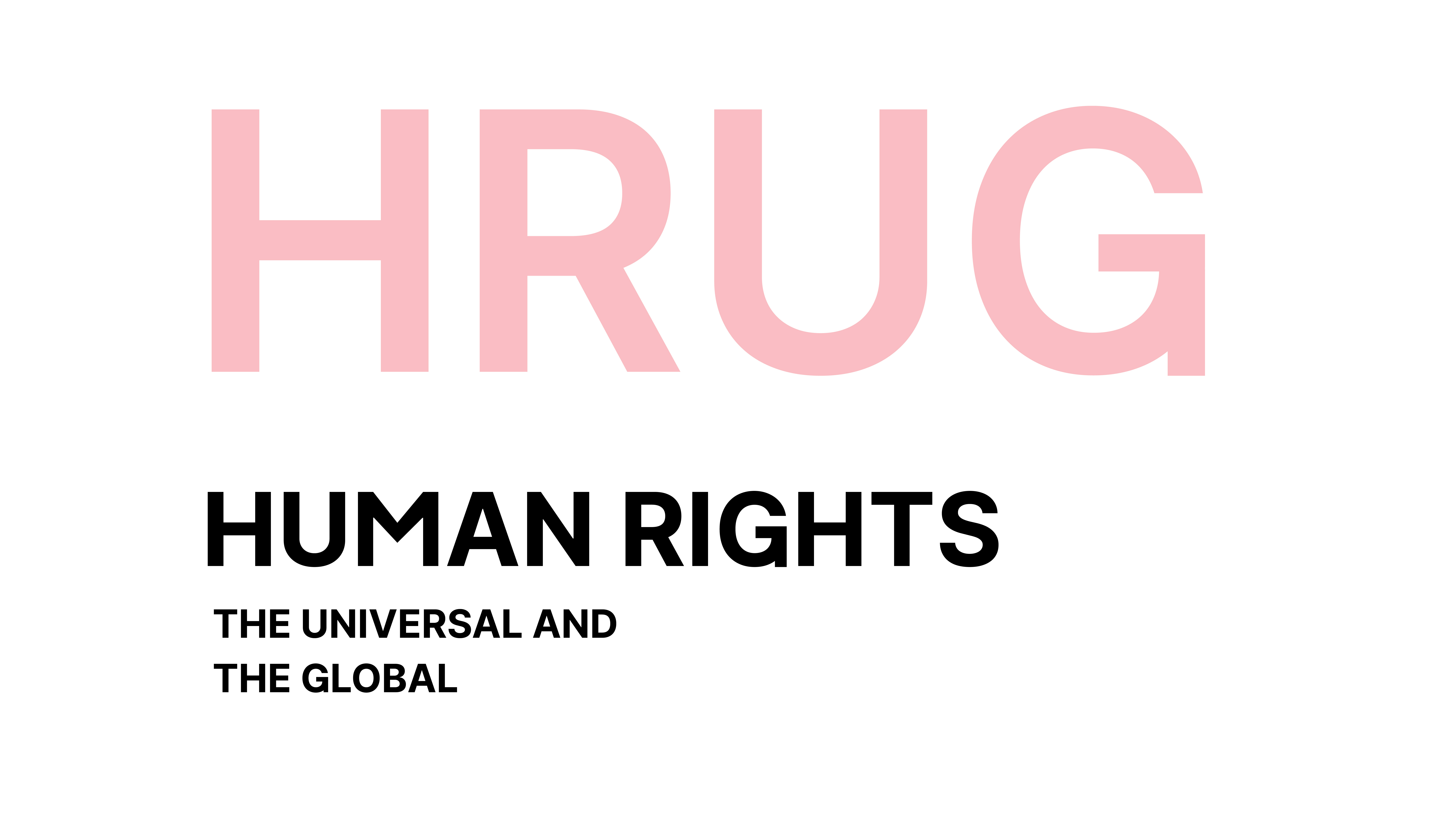Video Link: human rights – universalism and particularism – YouTube
On October 10, 2021, HRUG’s regular seminar on “Universalism and Particularism of Human Rights” was held. Professor Peter Herrmann of CSU Human Rights Center, gave a presentation. Joe Finnerty (Social Policy Analyst, School of Applied Social Studies, University College Cork, Republic of Ireland), António Duarte, (Professor of Faculty of Psychology, University of Lisbon, Portugal), Lethokawa George Mpedi (Vice Chancellor, University of Johannesburg, South Africa), Mehmet Okyayuz (Professor of Middle East Technical University, Turkey), Juan Li (Associate Professor and research fellow of CSU Human Rights Center) and Betül Gökhan (research assistant at the Middle East Technical University, Turkey) participated in the seminar. Prof. Peter Herrmann focused on the theme of whether human rights are universal or particular, and mainly discussed human existence and human universality in the context of natural biological and social perspectives, as well as the connection between self-actualization, positive rights, and individual orientations. .
According to Prof. Peter Herrmann, human existence is a biological effect from the perspective of biological existentialism, but the determinants of human universality depend on historical, social, and psychological factors in addition to the established conditions that underlie or may exist in biological existence. Therefore, it should be analyzed in the context of social existence. In the social perspective, the production of everyday social life embodies human existence, and the ability to control living conditions embodies human rights. On the other hand, Professor Peter Herrmann argues that self-actualization, positive rights and individual orientation are interrelated. Self-actualization means seeing oneself as part of social existence. Human beings exist in social conditions and contexts that are determined by socio-economic, ecological and ideological factors, but they have the opportunity to overcome the given conditions and to develop them in various ways. Therefore, human rights cannot be defined simply as individual rights or freedom from pressures and demands, they are variable. Positive rights are associated with self-realization and imply that society must ensure certain conditions that make it possible for each individual to realize his or her potential. Individual orientation means that only persons and personalities can form an understanding of individual and interactive rights, i.e. individual rights without individual obligations are difficult to understand. Professor Peter Herrmann therefore believes that the articulation of an individual rights space in terms of an individual orientation can effectively help each person to claim his or her rights.
2021年10月10日,HRUG定期研讨会之“人权的普遍性与特殊性”主题会议顺利召开。本次会议由中南大学人权研究中心研究员Peter Herrmann教授进行汇报。爱尔兰国立科克大学应用社会研究学院政策分析家Joe Finnerty、葡萄牙里斯本大学心理学院António Duarte教授、南非约翰内斯堡大学副校长 Lethokawa George Mpedi教授、土耳其中东科技大学政治学Mehmet Okyayuz教授、中南大学人权研究中心研究员黎娟副教授以及土耳其中东科技大学研究助理Betül Gökhan参加会议。Peter Herrmann教授围绕人权具有普遍性还是特殊性的主题开展,主要讨论了自然生物学与社会视角下的人类存在与人类的普遍性,以及自我实现、积极权利和个人取向之间的联系。
Peter Herrmann教授认为,从生物学存在论的角度看,人类存在是一种生物效应,但人类普遍性的决定因素除生物存在的基础或可能存在的既定条件外,还取决于历史、社会、以及心理因素。因此,应当结合社会存在进行分析。在社会视角下,日常社会生活生产体现了人类的存在,对生活条件的控制能力体现了人的权利。另一方面,Peter Herrmann教授认为自我实现、积极权利以及个人取向之间是相互联系的。自我实现意味着将自己视为社会存在的一部分。人类存在于社会条件与社会背景之中,这些条件由社会经济、生态和意识形态方面的因素决定,但人类有机会克服既定条件,并以各种方式对其进行发展。因此,人权不能被简单定义为个人权利或可以不受压力和要求的约束,他们是可变的。积极权利与自我实现相关,意味着社会必须确保一定的条件,使每个人都有可能实现自己的潜力。个人取向是指只有人和人格才能形成对个人权利和互动权利的理解,即没有个人义务的个人权利是难以理解的。因此,Peter Herrmann教授认为以个人取向阐明个人权利空间的方式可以有效帮助每个人主张自己的权利。
